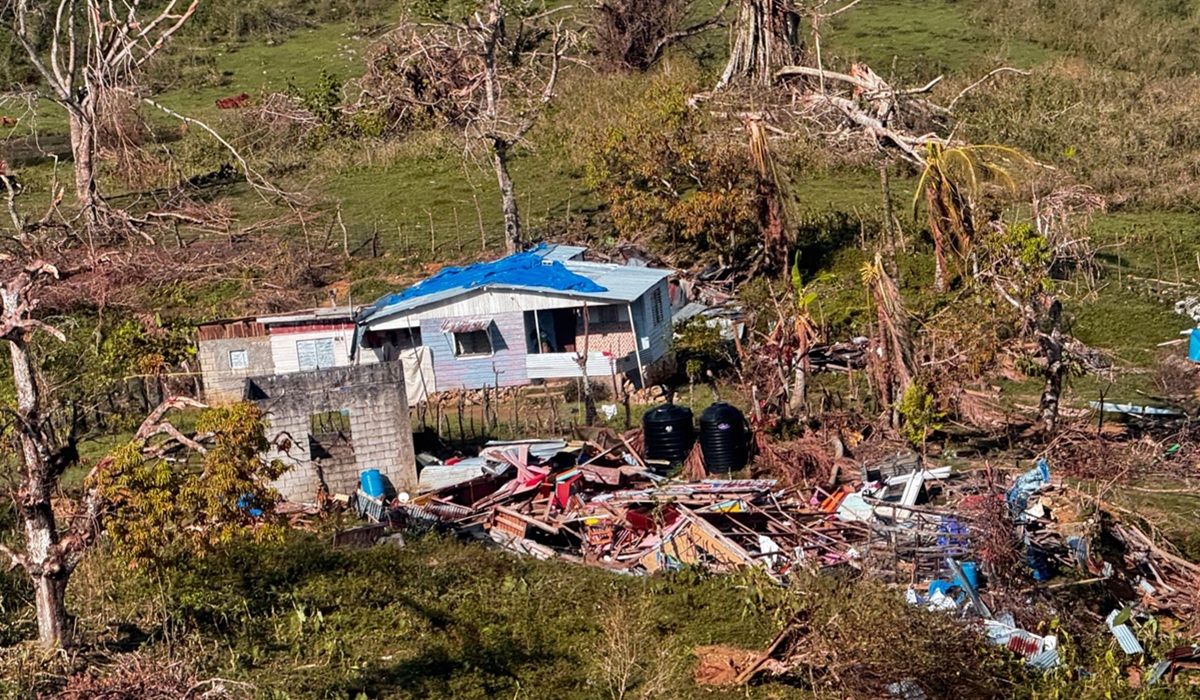Jamaica Declares Leptospirosis Outbreak Following Devastating Hurricane
- Naomi Dela Cruz
- Breaking News
- Caribbean
- November 24, 2025

In the aftermath of the powerful hurricane that battered Jamaica’s coastline and inland communities, the government has confirmed an outbreak of leptospirosis, a serious bacterial disease linked to contaminated floodwaters and compromised sanitation systems. Heavy rains overwhelmed drainage channels, submerged communities, and forced residents to wade through polluted water to reach safety or retrieve belongings. As stagnant pools formed across multiple parishes, the risk intensified. Leptospirosis is caused by a bacteria called Leptospira which thrives in warm, wet environments and is commonly transmitted through the urine of infected animals, particularly rats, dogs, pigs, and livestock. The bacteria enters the body through cuts in the skin, open wounds, or through the eyes, nose, and mouth when individuals come into contact with contaminated water or soil.
The disease often begins with non-specific, flu-like symptoms such as fever, chills, severe headache, muscle pain, red eyes, nausea, vomiting, and extreme fatigue. In more serious cases, it can rapidly progress to kidney failure, liver damage (jaundice), internal bleeding, respiratory failure, meningitis, and even death if left untreated. Hospitals across the island have seen an influx of patients suffering from these symptoms, especially in low-lying and hard-hit rural areas where water remained stagnant for days.
Treatment for leptospirosis involves early administration of antibiotics, most commonly doxycycline or penicillin, combined with supportive care such as IV fluids, oxygen therapy, and in severe cases, kidney dialysis or intensive care monitoring. The key is early detection. Health officials are urging anyone who has had contact with floodwater and begins to feel unwell to seek medical help immediately, as early treatment significantly reduces the risk of complications.
Mobile clinics have been dispatched to remote communities, and government messaging has intensified. Residents are being told to avoid walking barefoot outdoors, disinfect standing water near homes, rodent-proof living spaces, boil drinking water, and wear gloves and boots during cleanup. Relief workers, farmers, and sanitation crews are among those most at risk. While containment efforts are underway, the outbreak stands as a grim reminder that hurricanes leave not only physical destruction, but dangerous biological threats long after the winds have stopped.








